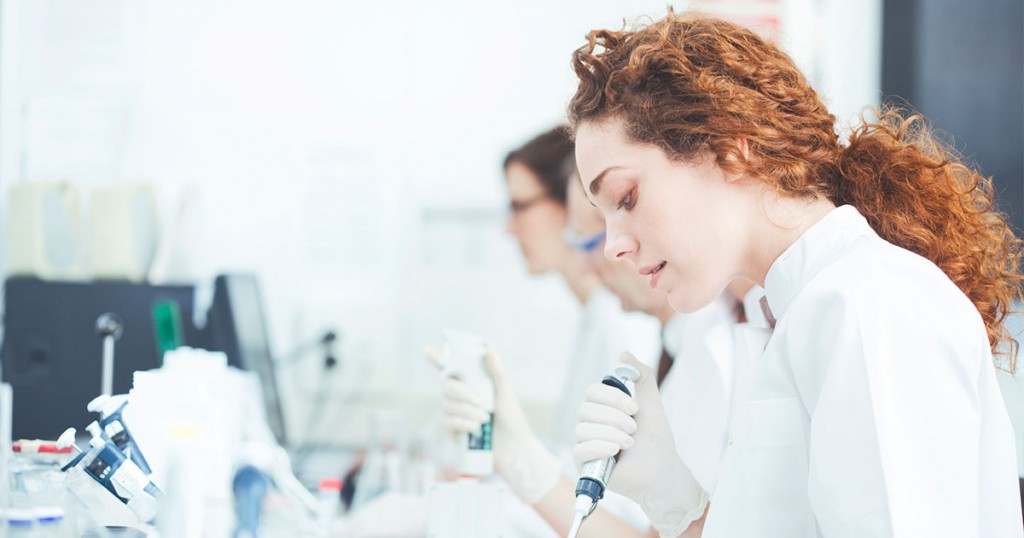
Do I Need Immunological Testing?
Approximately 10 percent of the one in eight couples who experience infertility have unknown causes—otherwise known as unexplained infertility. For this subset of patients, some physicians have suggested immunological testing to help assess if autoimmune factors could be playing a part in either failed treatment outcomes or recurrent pregnancy loss.
What is immunological testing? Is it necessary for couples trying to conceive?
Immunological testing is done to assess if there are autoimmune factors influencing early embryo implantation. However, routine immunological testing of couples with infertility is expensive and does not predict pregnancy outcomes.
Michael J. Levy, M.D., Shady Grove Fertility Co-founder and International Programme Director, commented, “We do not have a dogmatic position regarding this challenging question. While we are skeptical about the ability of immunological testing to predict pregnancy outcomes, we do review the indications carefully with each individual patient.” Levy goes on to say that it is important to view the issue within a clinical context and that, “many of our patients come to us already having completed immunological testing. In most cases, if it is clear that there is an egg problem as a primary diagnosis, it is not a result of immune issues.”
What fertility testing is needed?
At Shady Grove Fertility, we designed the initial infertility evaluation to investigate factors that affect ovulation, the Fallopian tubes, and sperm, based on clinical history. This includes bloodwork to assess hormone levels for the female partner that can shed light on both ovarian reserve, how your body will be able to prepare itself for implantation of an embryo, as well as any anatomical abnormalities. For the male partner, a semen analysis will assess several factors including sperm count, motility (movement), and morphology (shape).
For patients travelling to Shady Grove Fertility from the UK, much of this testing is performed at your fertility centre in the UK, reducing the need for additional travel and testing .
For patients who have experienced recurrent pregnancy loss, your physician may recommend preimplantation genetic diagnosis (PGD). If you’re using donor eggs, all egg donors complete thorough genetic screening prior to being uploaded to our donor database.
The American Society for Reproductive Medicine (ASRM) has created a list of tests that patients and physicians should question while creating a treatment plan. These tests are generally not recommended to patients unless medically indicated.
If you have any questions about immunological testing or the Shady Grove Fertility International Donor Egg Programme, please reach us by phone at 0208 003 0827 or email Amanda Segal, international patient liaison, at [email protected].

